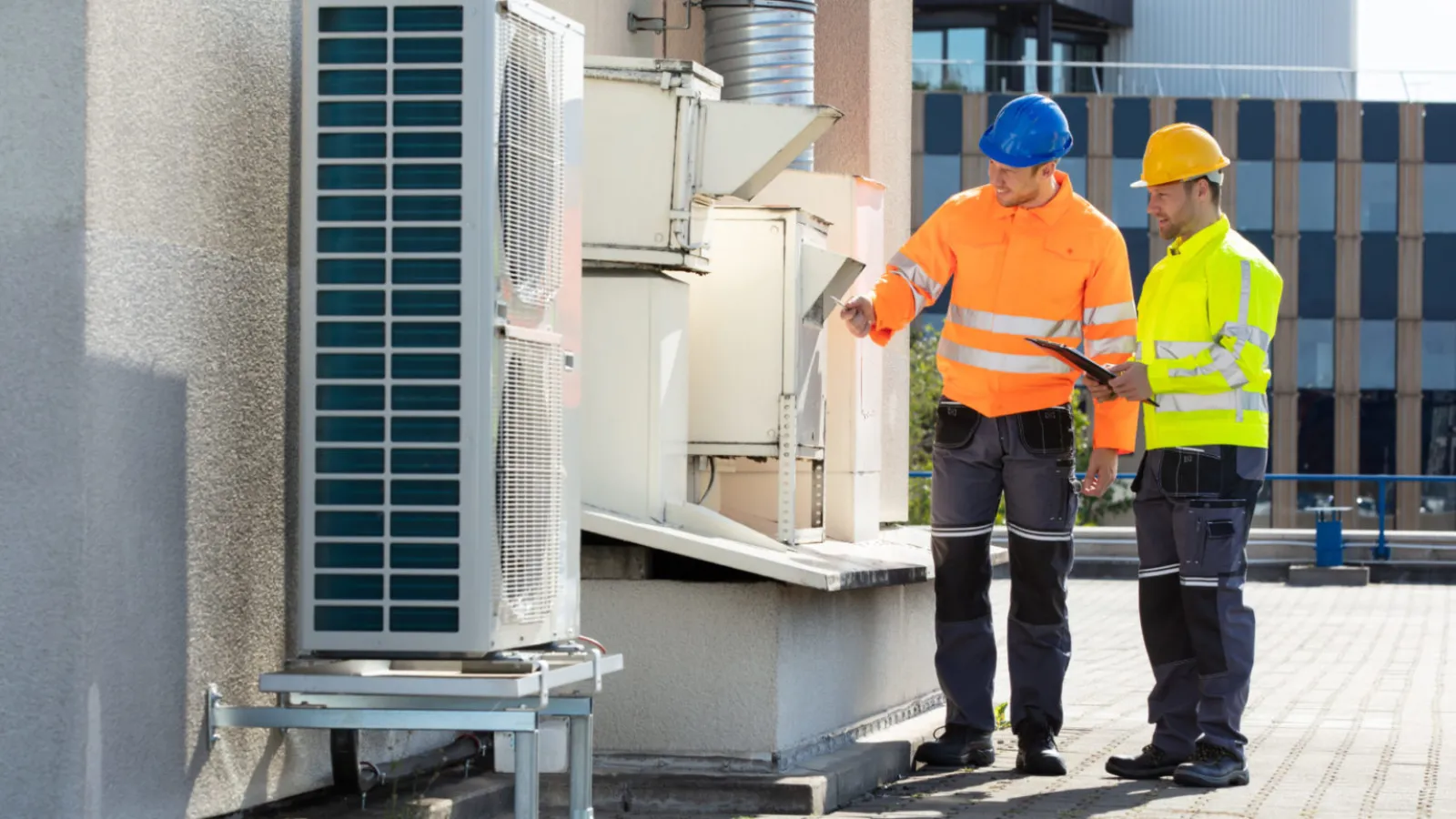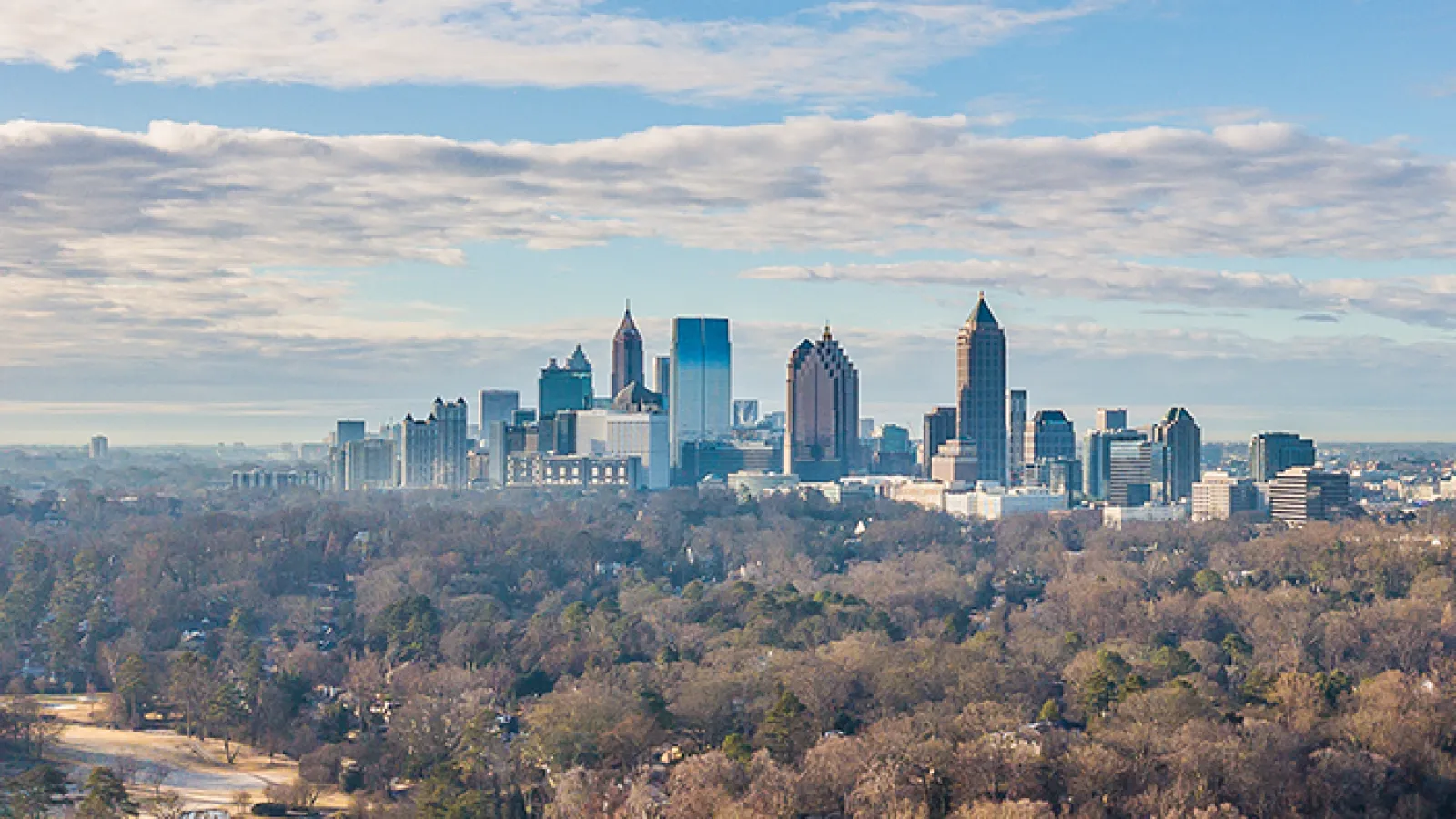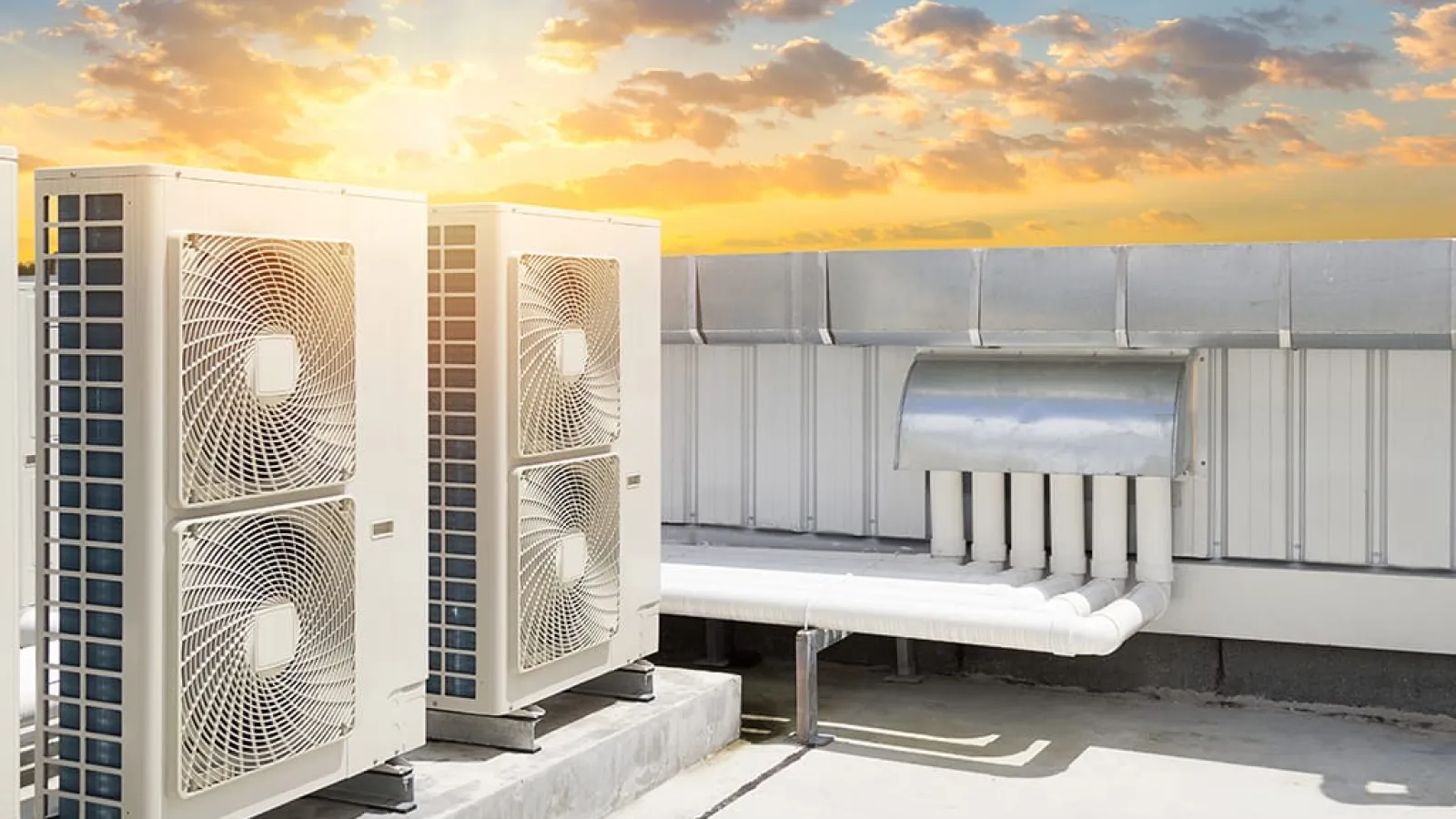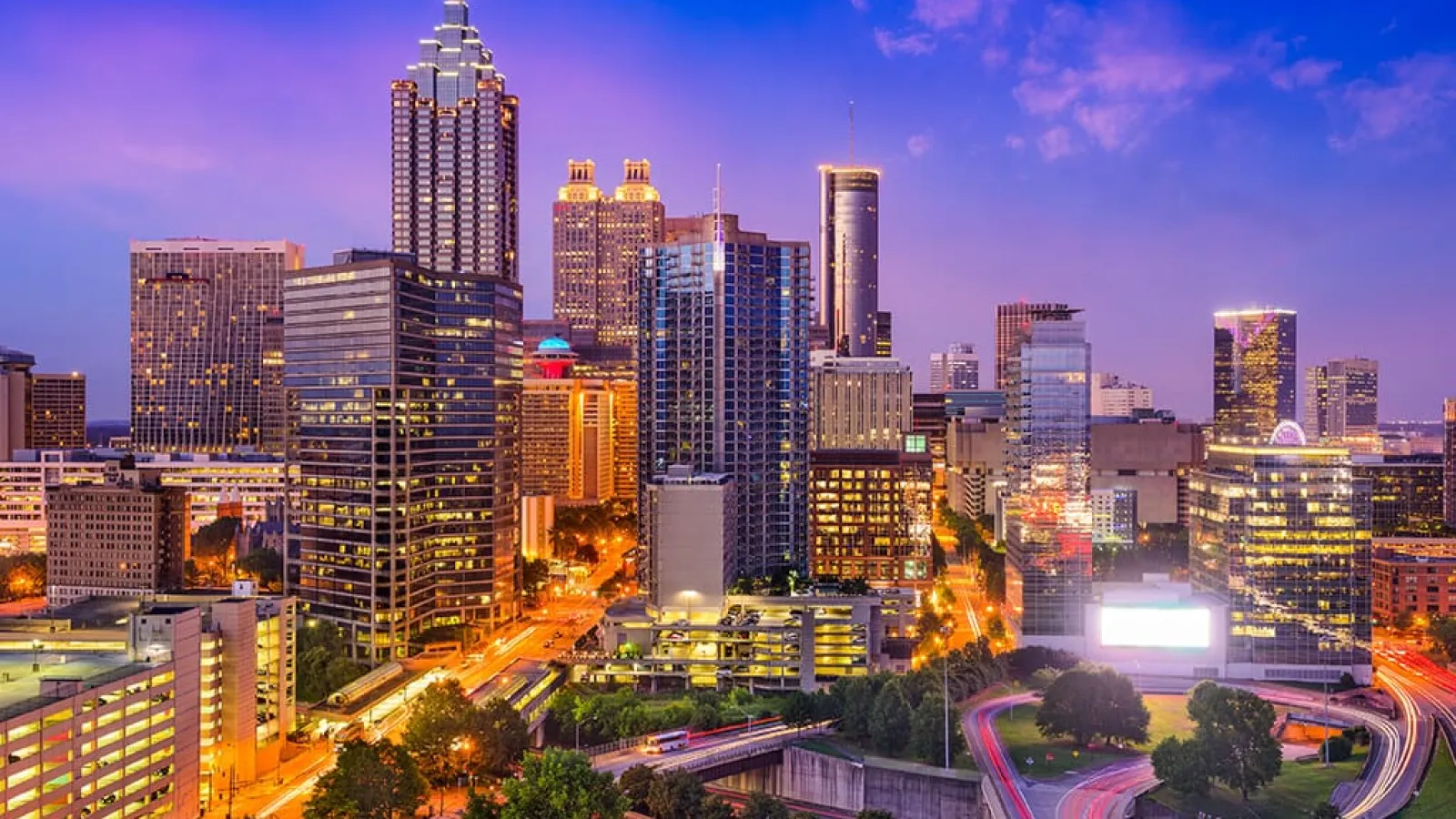In order to properly budget for capital expenditures, it helps to know about how often your facility will need to replace commercial HVAC equipment. Of course, this isn’t the easiest task as there’s no definitive answer for how long a commercial furnace or chiller will last. Estes Commercial shares the average life expectancy of a commercial HVAC unit as well as the factors that can lengthen or limit this lifespan so you can best plan for future building improvements.
Life Expectancy of a Commercial HVAC System
As there are many different types of heating and cooling equipment that can be used in commercial facilities, the life expectancy of commercial HVAC systems will vary based on what type of unit you’re dealing with. According to ASHRAE (American Society of Heating, Refrigerating and Air-Conditioning Engineers), the life expectancy of a commercial HVAC unit by type is as follows:
- Air-to-air heat pumps: 15 years
- Water-to-air heat pumps: 19 years
- Single and multi-zone rooftop air conditioners: 15 years
- Through-the-wall air conditioners: 15 years
- Packaged chillers: 20 years for reciprocating; 23 years for centrifugal and absorption
- Cooling towers: 20 years for wood and galvanized metal; 34 years for ceramic
- Air-cooled and evaporative condensers: 20 years
- Steel water-tube boilers: 24 years for hot water, and 30 years for steam
- Steel fire-tube boilers: 25 years for hot water and steam
- Cast-iron boilers: 35 years for hot water, and 30 years for steam
- Electric boilers: 15 years for hot water and steam
- Gas and oil furnaces: 18 years
- Radiant heaters: 10 years for electric; 25 years for hot water and steam
Factors Impacting the Life Expectancy of Commercial Heating and Cooling Equipment
With the life expectancy of a commercial heating and cooling system in mind, consider these factors to determine if you should plan for replacement sooner or later.
Unit Size
Is the commercial HVAC unit the proper size for the building? If the unit is undersized or oversized, its lifespan will typically be shorter as these units overwork and sustain more wear and tear damage compared to a unit of the correct size for the facility.
Maintenance Schedule
Regular preventative maintenance is proven to keep heating and cooling systems in service longer. If your building’s heating and cooling units receive regular preventive maintenance tune ups from a professional as well as regular filter changes and other internal servicing, the unit could offer several more years of service life than expected. If your building’s HVAC systems have been neglected in terms of proper maintenance, it’s best to plan for replacement sooner than later. In addition to avoiding surprise failures, replacing a neglected unit will immediately offer better energy efficiency and performance.
Installation Quality
Installation quality impacts the unit’s service life from its first day in use. If the unit was not installed correctly to the manufacturer’s specifications and the design of the building’s HVAC system, it is possible that the unit will not last as long as expected. Installation errors can stress components over the years, causing damage that leads to system failure over time.
Use
Consider how the unit has been used over the years, as this will affect the life expectancy of a commercial HVAC unit. If the heating and cooling systems were sparsely used or controlled by a building automation system that minimizes energy waste, the equipment likely hasn’t sustained as much wear and tear damage as a system that is left to run 24/7. The more hours put on a commercial heater or air conditioner, the faster it gets to the end of its useful life.
Plan for Commercial HVAC Unit Replacement with Estes Commercial
The life expectancy of a commercial HVAC unit can be tough to determine, but Estes Commercial is here to help your business plan wisely for future system replacements and upgrades. Contact us today to work with our commercial HVAC specialists, and learn the right time to replace your facility’s comfort equipment.




